My Turn: Indian schools and a ‘Road to Healing’
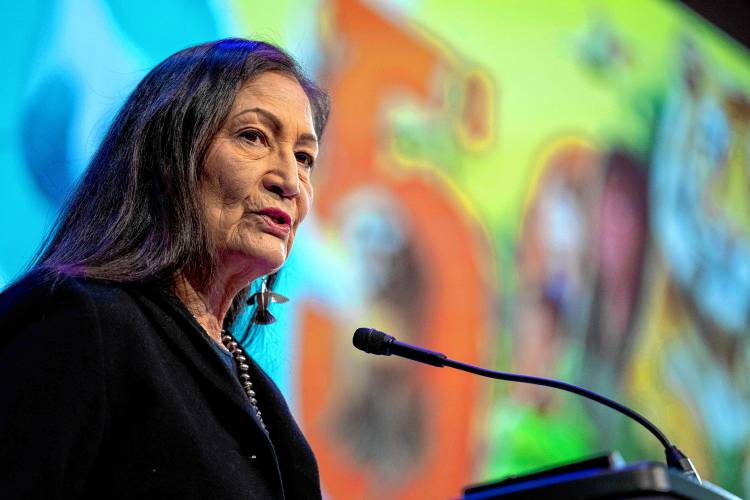
U.S. Department of the Interior Secretary Deb Haaland, a member of New Mexico’s Laguna Pueblo tribe, is tackling the difficult exposition of the harms caused by Indian boarding schools, which the federal government operated or supported from 1819 to 1969. AP PHOTO/ANDREW HARNIK
| Published: 11-27-2023 6:02 AM |
‘They stripped me down, they cut my hair off, they poured the liquid in my hair and told me to go to the showers,” testified 72-year-old Dora Brought Plenty about when she first entered the Indian boarding school where she spent her childhood years.
Holding back tears, Brought Plenty — of the Lakota Sioux tribe, Turtle Clan and Standing Rock Sioux tribe — stood in front of a group of Indigenous activists in Anadarko, Oklahoma, last July. The group included Interior Secretary Deb Haaland, a member of New Mexico’s Laguna Pueblo. As the first Indigenous Interior secretary, Haaland is taking on the devastating legacy of Indian boarding schools.
In June 2021, Secretary Haaland announced the formation of a Federal Indian Boarding School Initiative to recover the history and address the harms of the U.S. government’s policy of taking Indigenous children from their families and communities and relocating them to distant residential facilities where they were subject to physical, sexual, psychological, and spiritual abuse, and neglect.
The adults in charge prohibited the children from speaking their languages, dressing in their traditional clothing, and practicing their religions. They were forced into manual labor, without pay, and experienced severe malnourishment. Many children died or went missing. The U.S. government’s boarding schools enacted cultural genocide that created multigenerational trauma.
For the last two years, Haaland has traveled across the country on a “Road to Healing” tour to hear the stories of Indigenous survivors of the federal Indian boarding school system and connect communities with trauma-informed support.
Dora Brought Plenty spoke at the first stop on Haaland’s tour, which was held in Oklahoma in recognition of the state’s history as being home to 76 Indian boarding schools, the largest concentration of boarding schools in the country.
“It is crucial that the truth is known about what happened to us and what we went through at these institutes that were set up by the federal government, which have hurt survivors indefinitely and have taken thousands of lives,” said Brought Plenty, detailing the layers of abuse she endured as a child in an Indian boarding school.
Another survivor, Donald Niconie of the Kiowa tribe, described his time at a boarding school as “12 years of hell.”
Article continues after...
Yesterday's Most Read Articles
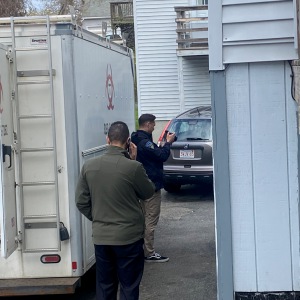 Authorities ID victim in Greenfield slaying
Authorities ID victim in Greenfield slaying
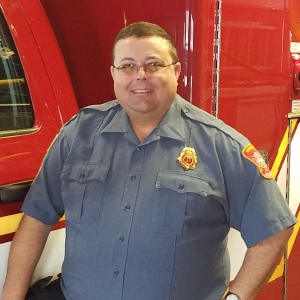 State records show Northfield EMS chief’s paramedic license suspended over failure to transport infant
State records show Northfield EMS chief’s paramedic license suspended over failure to transport infant
 Police report details grisly crime scene in Greenfield
Police report details grisly crime scene in Greenfield
 New buyer of Bernardston’s Windmill Motel looks to resell it, attorney says
New buyer of Bernardston’s Windmill Motel looks to resell it, attorney says
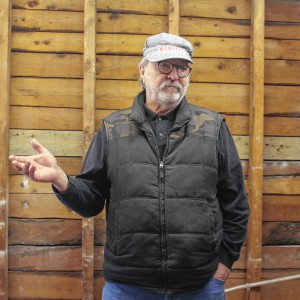 McGovern, Gobi visit development sites in Greenfield, Wendell
McGovern, Gobi visit development sites in Greenfield, Wendell
 High schools: Seventh-inning rally helps Turners Falls softball edge Frontier 6-3 (PHOTOS)
High schools: Seventh-inning rally helps Turners Falls softball edge Frontier 6-3 (PHOTOS)
Deborah McIntosh Sunagoowie spoke about losing part of her Cherokee culture in boarding schools. “I was raised with Cherokee grandparents,” said Sunagoowie. “They read [Cherokee], spoke it. We weren’t allowed. So, here I am — I’m a full-blood Cherokee, yet I can barely understand [the language].”
The National Native American Boarding School Healing Coalition describes the Indian boarding schools as “tools of colonization, assimilation, and genocide, resulting in the loss of land, language, culture, traditional foods, and the permanent separation of children from their families.”
During the peak of the boarding school era from the late 19th century to 1934, 90 million acres of land passed out of Indian ownership to the United States, which Ojibwe historian Brenda Child calls “one of the largest land dispossessions in the history of the world.” Removing Indigenous children from the land was a critical element of the strategy to take ownership of Indigenous lands.
After an extensive investigation, the Interior Department released a report in May 2022 with the first-ever list of federally operated Indian boarding school sites and associated marked and unmarked burial sites. The investigation found that from 1819 to 1969, the federal government operated or supported 408 boarding schools across 37 states and territories.
The department has identified marked and unmarked burial sites at approximately 53 different schools across the system. The report has maps with the general locations of schools in current states and profiles of each school.
To document the experiences of the generations of Indigenous people who attended the federal boarding school system, Haaland launched an oral history project in September to gather first-person survivor narratives. The National Endowment for the Humanities is supporting the project with a $4 million grant. The National Native American Boarding School Healing Coalition (NABS) is conducting video interviews with Indian boarding school survivors across the United States.
“This historic project will allow us to continue our work in seeking truth and justice, ensuring survivors’ stories are never forgotten, and bringing healing to future generations,” said NABS Chief Executive Officer Deborah Parker (Tulalip).
NABS is also supporting federal legislation (H.R. 5444/S. 1723/) to create a U.S. Truth & Healing Commission on Indian Boarding School Policies that would investigate non-federal boarding schools, including those run by religious organizations that operated more than 100 boarding schools. The commission would develop recommendations for legislative and administration actions to address the ongoing impacts of Indian boarding schools. Massachusetts Rep. Jim McGovern and Sens. Elizabeth Warren and Ed Markey are co-sponsors of this legislation.
“I know that this process will be long and difficult,” said Haaland. “I know that this process will be painful. It won’t undo the heartbreak and loss we feel. But only by acknowledging the past can we work toward a future that we’re all proud to embrace.”
Carrie N. Baker is a professor in the Program for the Study of Women and Gender at Smith College and a regular contributor to Ms. Magazine. Max Fallon-Goodwin is a junior at Smith College double majoring in the Study of Women and Gender, and Africana Studies. They are also an intern at Ms. Magazine.

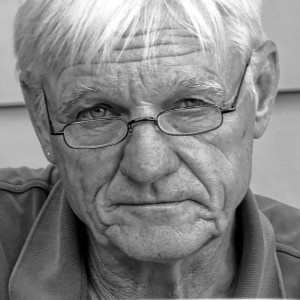 The World Keeps Turning: Quantifying happiness — How we measure up
The World Keeps Turning: Quantifying happiness — How we measure up  My Turn: Dear Patients — We hear you!
My Turn: Dear Patients — We hear you! Ava Gips: Carolyn Shores Ness gets things done
Ava Gips: Carolyn Shores Ness gets things done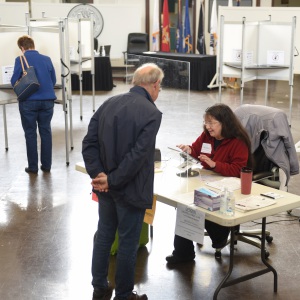 Annette Pfannebecker: Vote yes for Shores Ness and for Deerfield
Annette Pfannebecker: Vote yes for Shores Ness and for Deerfield
